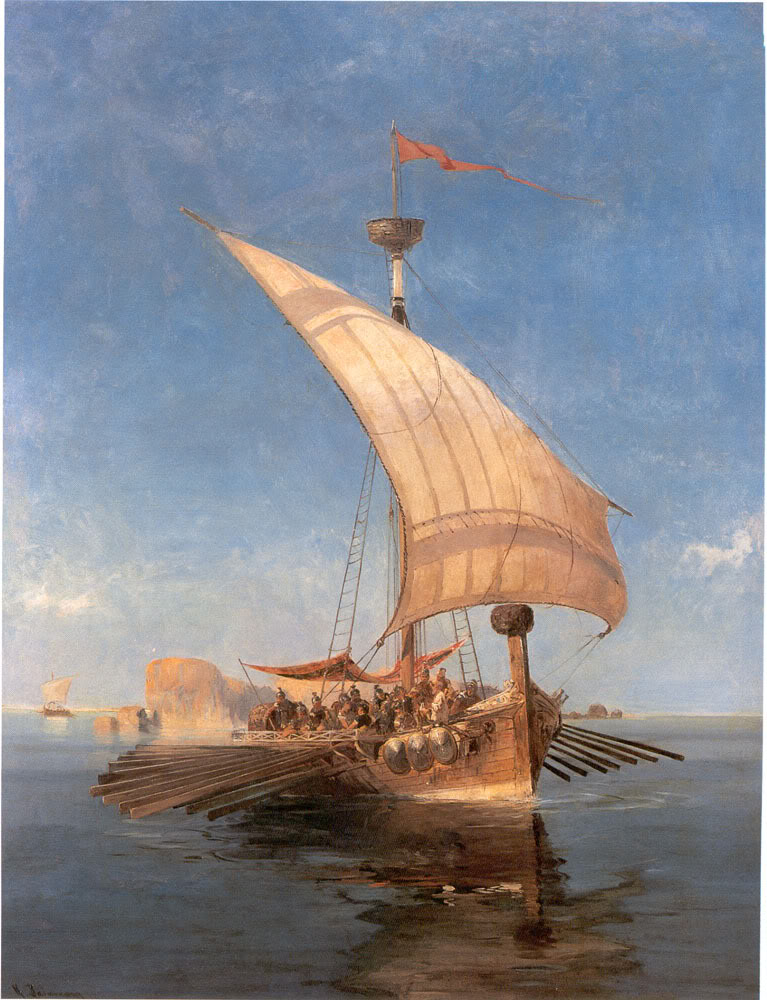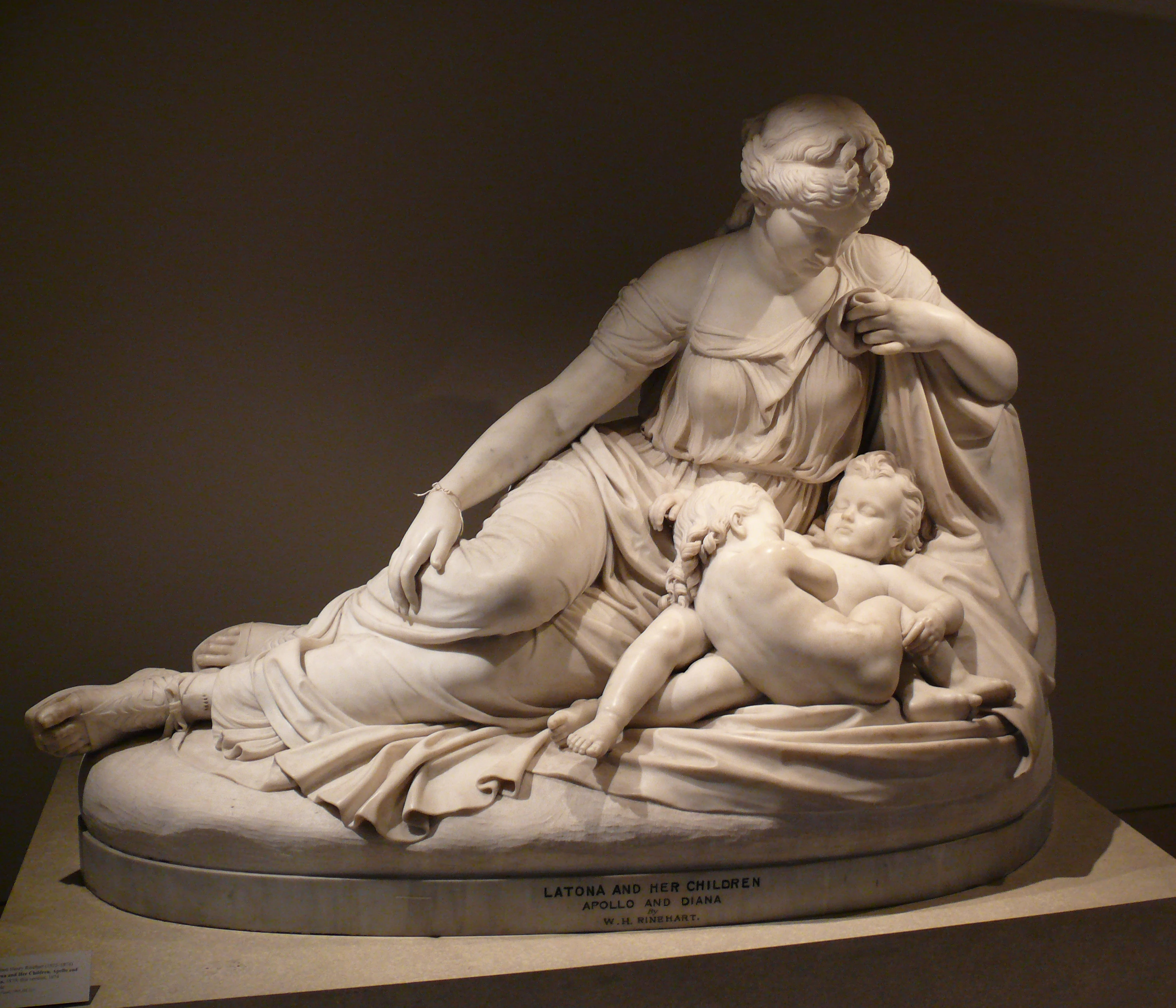[ xiii. death. ]
( neither of you will have a happily ever after. )
i.
when she is young, she learns what purpose she serves. she is to be a wife, a mother, and a caretaker-- nothing more, nothing less. she will grow up to be elegant, graceful, and calm. she will learn to remain at her husband's side. she will learn to be loyal regardless of the circumstances.
realization does not hit her at first. when she hears of this news, her ignorance allows her to brush it off. she owns her life; no one else-- not her mother, not her father, and not her husband.
when she marries, she will choose who she wants. she will love who she wants.
no one else can take hold of her future.
ii.
the day she learns of her engagement, fury rushes through her veins. she is no fool; she knew this was coming. she was too ignorant back then, believing she could choose her own path. there was no escape from this future.
she knew that.
still, she can't help the flood of emotions that fills her-- the anger, the bewilderment, the despair. the mere thought of being a meek wife to someone she didn't care for baffled her.
"you would give your daughter up just like that? you would give your daughter to a man she knows little of?"
the grim expression that settles on her parents' faces does not shock her. she braces herself for their harsh words; she knows she will not win this battle, but that will not silence her protests.
"you act as if we have put little thought into this." her father responds, his tone deadpan. "you'll be in good hands."
"but this is not your choice." she retorts, nearly choking on her words. "this is not your decision to make. i have every right to choose who to wed."
the silence in the room feels suffocating. her heart races wildly, but she does not falter to the disapproving stares.
her father finally speaks.
"this is your duty. fulfill it."
and just like that, she knows she has lost.
iii.
"an underground chamber?" disbelief laces her words. "you first expect me to marry this man, then you expect me to spend my life underground?"
"it's a safety precaution." her mother explains, her tone casual. "this is for your safety, as well."
"against what?"
her mother pauses and she doesn't miss that flicker of hesitance that adorns her visage. she wishes her daughter happiness, but she does not know if she can find it in this life. to live underground is to live in solitude-- to know that her daughter will bear that is too much for a mother's heart.
that is not the only thing that brings worry.
"a prophet said that your future husband will be killed by a wolf."
at first, the daughter almost laughs in shock. the idea is so ridiculous-- this whole thing is too ridiculous for her.
"--a wolf?" she repeats, "a wolf will kill my husband? if that ever did happen, you realize that it would kill me too, don't you?"
"of course. that is why you will live underground."
iv.
the wedding day approaches.
she feels sick. she feels wrong.
something is wrong, she thinks, but she doesn't know what. there's something inside that gives a feeling of unease. no matter how much she attempts to calm herself, nothing works. it's not just the anxiety of marriage, there's something more to it-- something indescribable.
it's overwhelming and it bothers her that she can't name it.
she can't identify it; she can't make it go away. it feels as if something is stirring inside her, clawing its way out.
a shaky inhale and clenched fists-- she shuts her eyes and finds what little comfort she is able to seek.
everything will be okay. this feeling will pass.
v.
she is married now. her family has left and now it is just her and her husband underground.
that terrible feeling still resides within her. despite its presence, a forced smile finds its way to her lips and she holds her chin up high. if this is what her life is to be, then she will do the best to live it well. even if it means living in solitude. even if it means finding wariness in some foolish story about a wolf.
the train of thought is lost when she feels his hand on her waist, his touch gentle and cautious.
his timid smile provides no reassurance. her heart beats faster and the sickening feeling overwhelms every sense in her body; she struggles to hang on, but the darkness takes hold of her.
everything goes black.
vi.
when she wakes, all she sees is red. confusion fills a hazy mind as eyes take in the horrible sights. red covers the floor, the walls, and her hands--
her hands.
panic settles in with realization. crimson-stained hands tremble violently when she sees the body of her husband before her and she can't help the choked sob that escapes.
it was her all along. she was the wolf.
Author's Note: The story is based off "The Story of the Wolf-Bride." A prophet tells a father that his son will be torn to shreds by a wolf. In order to avoid this, the father builds an underground chamber and raises his son there. His son eventually gets married. However, when he places his hand on his wife's waist, she turns into the wolf and kills him. She turns back after, but she has no idea what happened. I wanted to write from the wife's perspective and go into further detail about how she felt about the whole ordeal.













